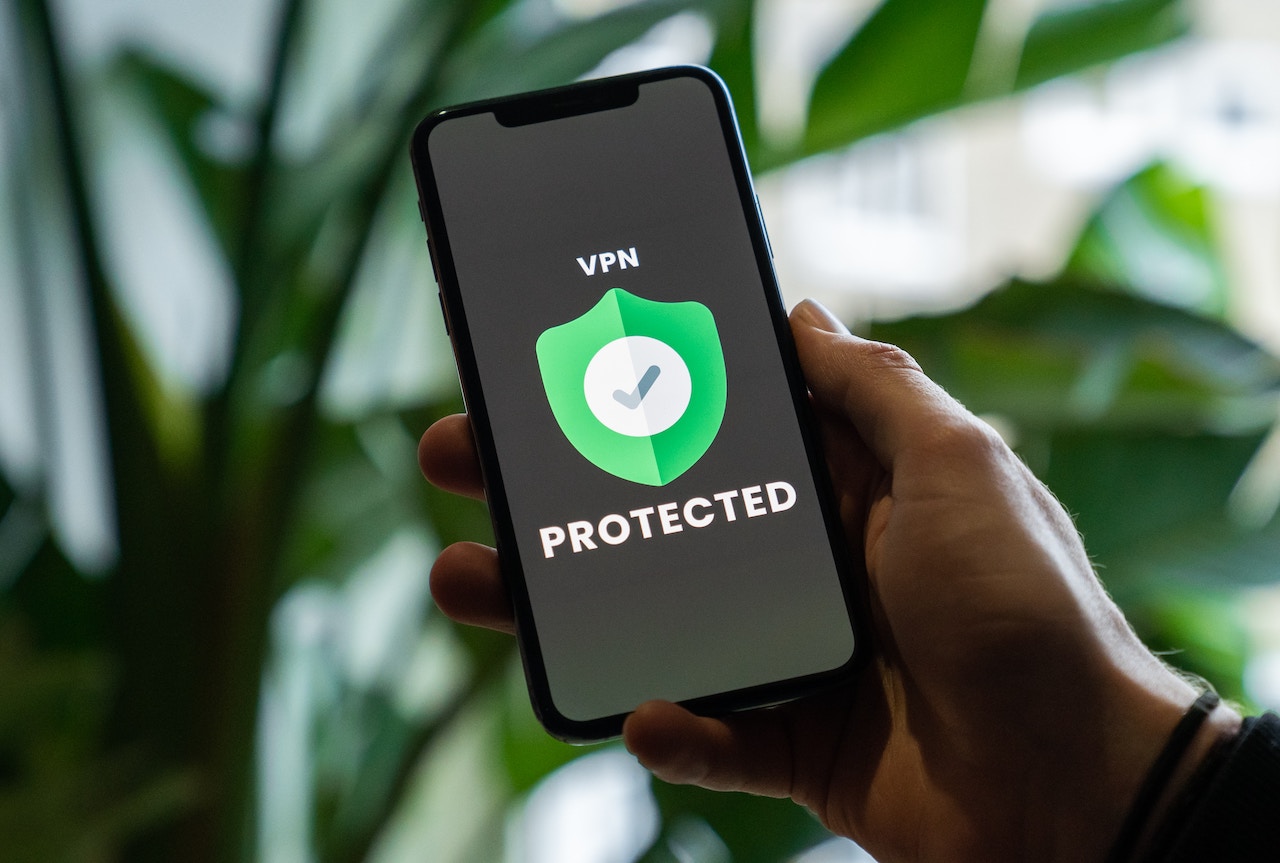When you walk into a coffee shop, you typically expect to see people sipping their favorite beverage while browsing the web. But what you may not know is that those public Wi-Fi connections are insecure and put you at risk of a cyberattack. This is why it’s so important to use a virtual private network (VPN) when you’re out in public.
While VPNs are meant to enhance security, there are potential risks that users should be aware of before taking the plunge. Here are just a few of the most common VPN security risks.
1. Data Logging and Privacy Concerns
Data logging is the practice of keeping track of user activities while connected to a VPN server. When your data is logged, it means that it can potentially be seen by the VPN service provider.
Logging policies can help protect user privacy, but some services have been found to log more than they claim or less than they claim. Such discrepancies can lead to serious consequences if a data breach occurs and your information is exposed.
Don’t be left in the dark when it comes to your privacy. Always make sure to read the fine print and know what you’re getting into when it comes to logging policies.
2. Insecure Protocols and Encryption
Protocols and level of encryption can be the difference between staying secure or staying vulnerable while you’re online. There are three main types of VPN protocols:
- PPTP: Point-to-Point Tunneling Protocol
- L2TP/IPsec: Layer 2 Tunneling Protocol over Internet Protocol Security
- OpenVPN: Open Source Virtual Private Network
These protocols have varying levels of security, and some are weaker than others. Poor VPN security can lead to risks and potential breaches if the protocol or encryption is not strong enough. Stay safe by doing your research and choosing a provider that uses secure protocols and encryption standards.
3. DNS Leaks
As a VPN security risk, DNS leaks can be a major problem for VPN users because they may expose their real IP address and other sensitive information if not properly secured. A DNS leak can potentially allow malicious actors to track a user’s online activities or discover the user’s identity, which could lead to serious consequences when it comes to privacy.
To prevent DNS leaks, choose a VPN provider who offers strong DNS leak protection that can be discovered by testing the provider’s service.
4. Malware and Tracking Risks
In 2020, 17% of all data breaches involved malware—a problem that can be even more difficult to mitigate when using a VPN. Malicious actors may use VPNs to distribute malware or carry out cyberattacks using potentially devastating VPN security risks, such as identity theft, ransomware attacks, and financial losses.
Even worse, some compromised VPN servers may be tracking user activities or injecting ads and malware into web traffic. To safeguard against such risks, verify whether your provider offers protection against malicious software and thoroughly validate the security of your server.
5. Public Wi-Fi and Mobile VPN Risks
When you connect to a public network that says “unsecured,” take it as a warning sign. Using an unknown or unsecured public Wi-Fi in combination with a VPN can be a huge VPN security risk.
The open nature of the connection means your network is more vulnerable to cybercriminals monitoring and recording your online activities. To keep yourself safe, it’s best to partner with a provider who secures your network and keeps you safe from potential threats.
6. A VPN Exposes Any Malware on Your Machine to the Entire Corporate Network
While a VPN is commonly used to enhance security and privacy, it’s essential to be aware of a potential vulnerability it can introduce. A VPN can unwittingly expose any malware present on your local machine to the entire corporate network (putting both your personal data and the organization’s sensitive information at risk).
Here’s how this risk arises:
- VPN Tunneling: VPNs establish encrypted tunnels between your device and the corporate network, which ensures secure data transfer. However, this encrypted connection operates bidirectionally, meaning it allows data to flow both ways—into and out of your device.
- Malware on Your Machine: If your local device is infected with malware, such as viruses or spyware, this malicious software could exploit the VPN tunnel to communicate with external servers or execute malicious actions. Essentially, the VPN tunnel doesn’t discriminate between legitimate and malicious traffic; it encrypts and forwards all data.
- Corporate Network Exposure: As a result, any malware present on your device can potentially infiltrate the corporate network through the VPN tunnel. Once inside, it can spread to other connected devices, compromise data integrity, and even lead to network-wide disruptions.
Partner with a Provider Who Secures Your Network
At Praxis, we are committed to keeping your network secure and your privacy intact. By partnering with us for our cybersecurity services, you get access to the latest security technology that secures your network against attacks. We understand the importance of protecting yourself online—let us help you do it with confidence.
Schedule a meeting with us today and learn how we can help you stay secure and private online to eliminate VPN security risks.

